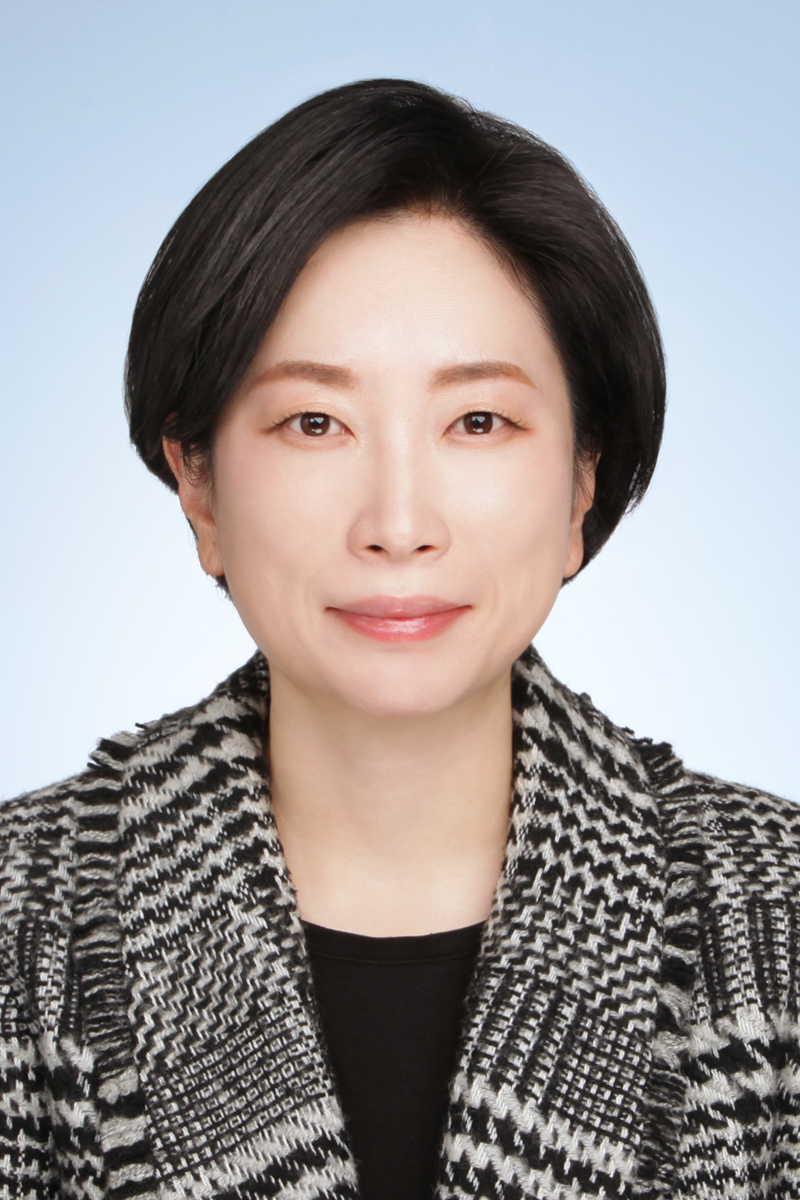Associate Professor Juh Hyun Shin, Ph.D., M.S.N., RN, FAAN, a co-investigator on the Korea Nurses’ Health Study (KNHS), is conducting crucial work to ensure the success of large-scale, long-term health research. Her latest findings focus on identifying the demographic and psychological factors that cause nurses to drop out of longitudinal studies, providing a roadmap for researchers to boost participation rates in future community-based cohort studies.
The KNHS, which began recruiting over 20,613 female nurses in 2013 and is funded by the Korea Disease Control and Prevention Agency (Project Investigator. Chi Young Cha, Professor, Ewha Womans University, College of Nursing, Seoul, South Korea), tracks participants over an eleven-year period. The KNHS collaborated with the U.S. Nurses’ Health Study (NHS) to adapt and refine the survey for the Korean context. Shin’s role as a data quality monitor and researcher involved a deep dive into the non-response factors among the study’s participants over a 10-year follow-up period. Her research, for which she served as last author, compared the characteristics of nurses who dropped out to those who consistently responded.
Career Stage and Engagement
The research yielded several key findings, notably the inverse relationship between career stage and participation. Nurses in their 20s at the study’s baseline were significantly less likely to respond to follow-up surveys than those in their 30s.
Shin hypothesizes that this may be linked to career stability and professional confidence, which often grow with experience. Younger nurses, particularly those navigating the intense transition from student to professional—with the mean age of newly graduated nurses in Korea being 24.7 years—may face greater challenges that reduce their capacity to participate in voluntary research. Surprisingly, nurses over 40 did not show a significantly different non-response rate from those in their 20s, suggesting that factors like leadership roles, career development, and work-life balance become influential later in a nurse's career.
Beyond Age: Usability and Stress
Other factors influencing non-response included education level and survey usability. Nurses with an associate degree were less likely to respond, as were those who expressed neutral feelings about the initial survey website's usability. Furthermore, for the first few years of the study (surveys two through six), non-response was also impacted by geographic region, hospital size, and psychological factors such as stress, fatigue, and sleep disturbance.
The primary takeaway from this work is a critical lesson for the research community: when designing cohort studies, researchers must "consider factors that influence non-response and adopt tailored strategies to recruit based on demographic characteristics."
Broader Research Focus
While this current project addresses survey methodology, Shin’s main research area at GW Nursing, where she previously served as Associate Professor at Ewha Womans University, focuses on long-term care and nursing homes. Her work analyzes the impact of nurse staffing levels and professional factors—like work hours, pay, and continuing education—on the quality of care provided in these facilities. She uses a scientific standardized nursing language system (NANDA-I, NIC, NOC) to provide cost-effective analysis for optimal quality of care. Currently, her research goal is to address critical gaps in HIV care within nursing home settings by developing an artificial intelligence Clinical Decision Support System (CDSS) and investigating factors influencing care quality and outcomes for older adults living with HIV. Shin holds a Ph.D. in Nursing from the University of Iowa and Master’s from the University of Pennsylvania. Her ongoing commitment to the KNHS, a role she started in 2022, is ensuring the integrity and longevity of one of Korea's most important health studies.


